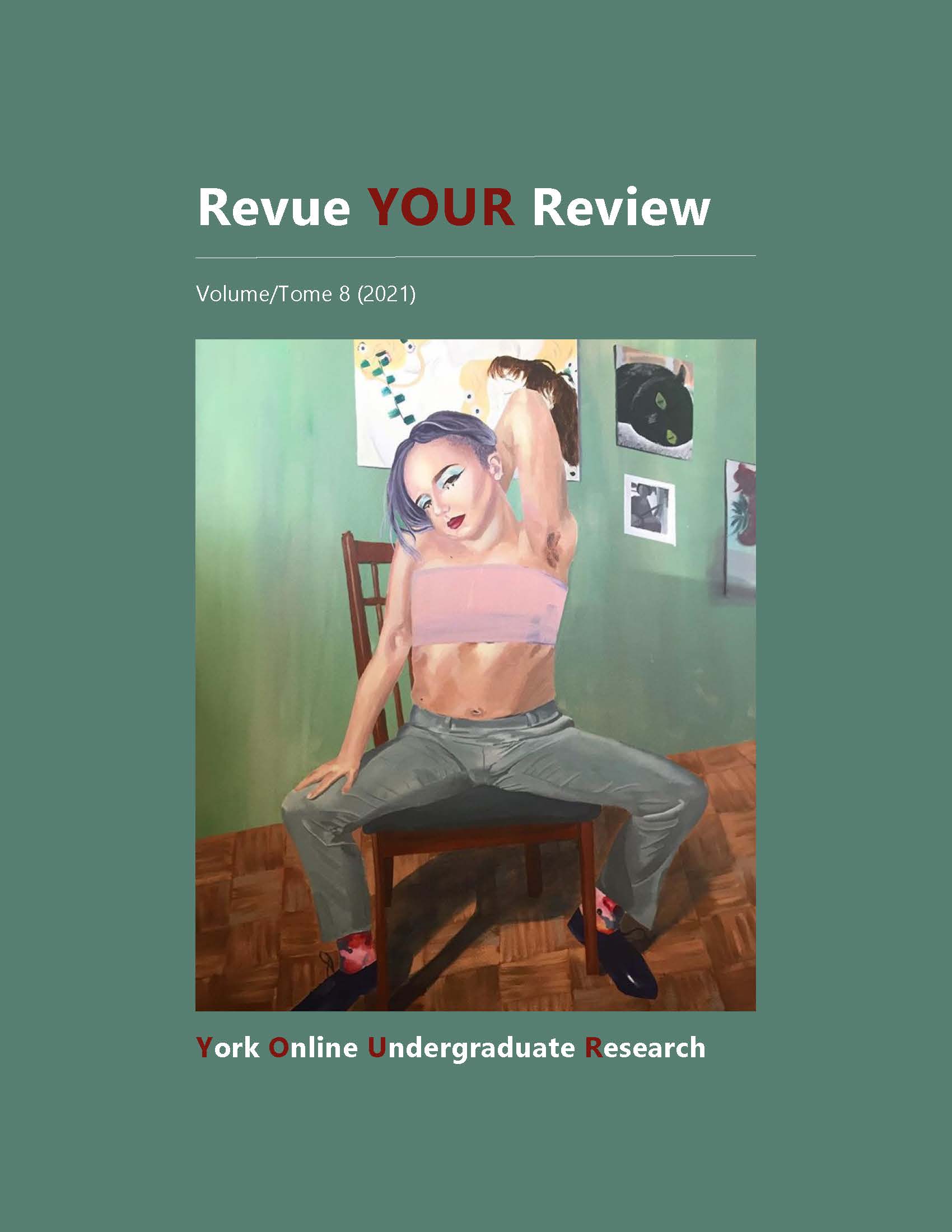Security sector reform in Bosnia and Herzegovina: The limitations of “Europeanization”
Résumé
Security sector reforms (SSR) generally refer to a process in Western-based international development and democratization to make changes to the security sector of a state toward good governance and its principles, such as freedom of information and the rule of law. SSR has become a vital part of the European Union’s (EU) efforts to transform the Western Balkans from a conflict-ridden area into a stable and democratic region of Europe. This paper focuses on SSR in Bosnia and Herzegovina (hereafter, Bosnia) as a case study of the multidimensional and complex Europeanization policies employed by the EU in the region. The research examines the changes in two sectors of Bosnia’s security system with the aim of providing an understanding of the EU’s impact on the domestic conditions of candidate states. The main argument is that the EU used police and intelligence reforms in Bosnia (both of which were part of the SSR efforts in the country) as state-building tools. However, due to Bosnia’s lack of domestic competence and the inexperience of the EU to properly and effectively implement SSR, the reforms have had very little success and reveal the limitations of the state’s Europeanization.
Téléchargements
Publié-e
Comment citer
Numéro
Rubrique
Licence
LicenceLes auteurs qui contribuent à la Revue YOUR Review acceptent de publier leurs articles selon une des trois catégories de la licence 4.0 : Creative Commons Attribution 4.0 International; Creative Commons Attribution-Pas d'Utilisation Commerciale 4.0 International; ou Creative Commons Attribution-Pas de Modification 4.0 International. Tout contenu éditorial de ce site ainsi que les affiches et les résumés sont sous la licence Creative Commons Attribution-Pas de Modification 4.0 International. Pour plus d’informations, veuillez voir :
https://creativecommons.org/licenses/
Dans tous les cas, les auteurs conservent leurs droits d’auteurs et concèdent à la Revue YOUR Review le droit de première publication. Les auteurs peuvent, par la suite, conclure d’autres accords de distribution non exclusifs de la version publiée dans ce périodique (par exemple, l’afficher à un dépôt institutionnel ou le publier dans un livre ou dans un autre périodique) à condition que la reconnaissance fasse mention de la publication originale dans la Revue YOUR Review.


